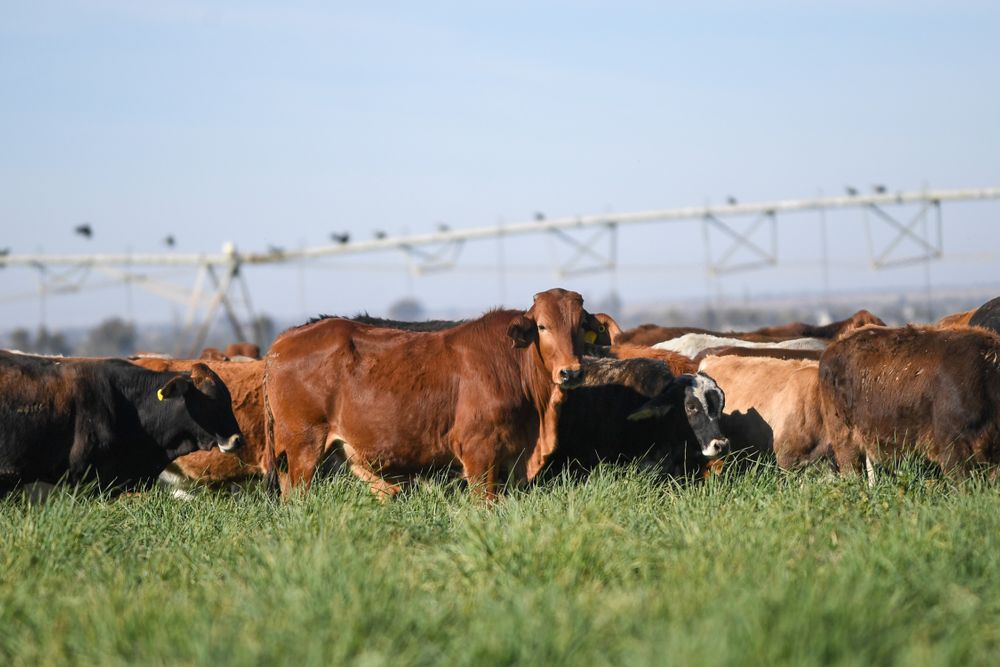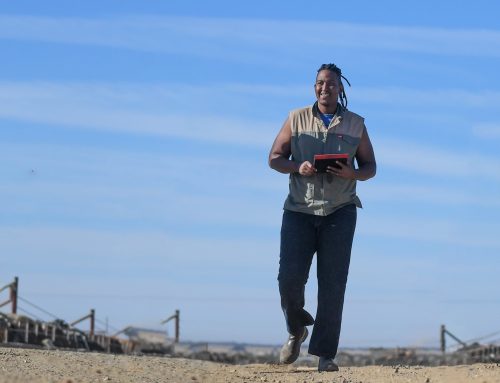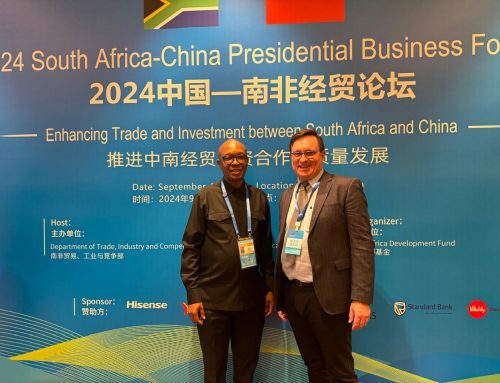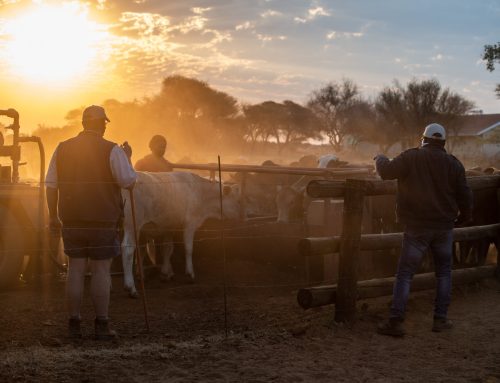Industry platform sees significant milestones reached in management of disease burden
South Africa has been plagued by Foot-and-Mouth disease (FMD) outbreaks since 2019, with disastrous consequences. In March 2022 the latest FMD outbreak resulted in China suspending imports from South Africa of all cloven-hoofed animal goods, including wool, beef and other red meat products.
“These exports contribute billions to the economy,” says Louw van Reenen, spokesperson for the Red Meat & Livestock Primary Cluster and CEO of Beefmaster Group. “We are now at a crisis stage, as the burden of disease is threatening livelihoods and the sector’s viability.”
He says that companies in the sector have been calling for urgent intervention with wider industry participation to implement biosecurity measures, which will go a long way in preventing FMD outbreaks.
This week the Red Meat & Livestock Primary Cluster held a high priority event for industry stakeholders to discuss urgent intervention into the management of such disease outbreaks. The South African Feedlot Association, Commercial Red Meat Producers’ Organisation (RPO), Emergent Red Meat Producers’ Organisation (NERPO) and the Livestock Industry AAMP were among those that attended the meeting. Director of Animal Health at the Department of Agriculture and Land Reform, Dr Mpho Maja, was also in attendance.
“The event was a platform for the entire primary cluster – from the red meat industry services sector to those in animal health forums – to discuss constructive solutions as a collective and many of the solutions will be included in an implementation plan, or a roadmap to better manage outbreaks,” says van Reenen, adding that political agendas were put aside.
“We are in a better position now that we have commitment from key industry members as well as national government to work together in solving this crisis,” says van Reenen.
He adds that one of the key successes from the meeting was an agreement that will see industry assist the government with vaccination of animals in “red zones”, which are areas susceptible to livestock being infected by FMD.
“We are now permitted to get private sector vets to assist with vaccination efforts, which we have not previously been allowed to do,” says van Reenen. “This measure will greatly alleviate the bottlenecks that are barriers in prioritising herd health within these zones.”
The OIE, which collects information on animal diseases around the world and maintains the World Animal Health Information System, also committed at the meeting to give inputs into the roadmap as well as to help the industry get back its FMD-free status with the OIE.
Van Reenen said another positive take-out was that farmers, auctioneers, agents, and all other industry participants agreed that FMD impacts all stakeholders.
“We need to take responsibility and accountability as an industry collective to prioritise the health of the herd. While it is easy to point fingers at government to do more, the crisis can be overcome, if all role-players – farmers, auctioneers, feedlots and everyone in the beef supply chain – work together to drive the implementation of better traceability structures,” concludes van Reenen.






